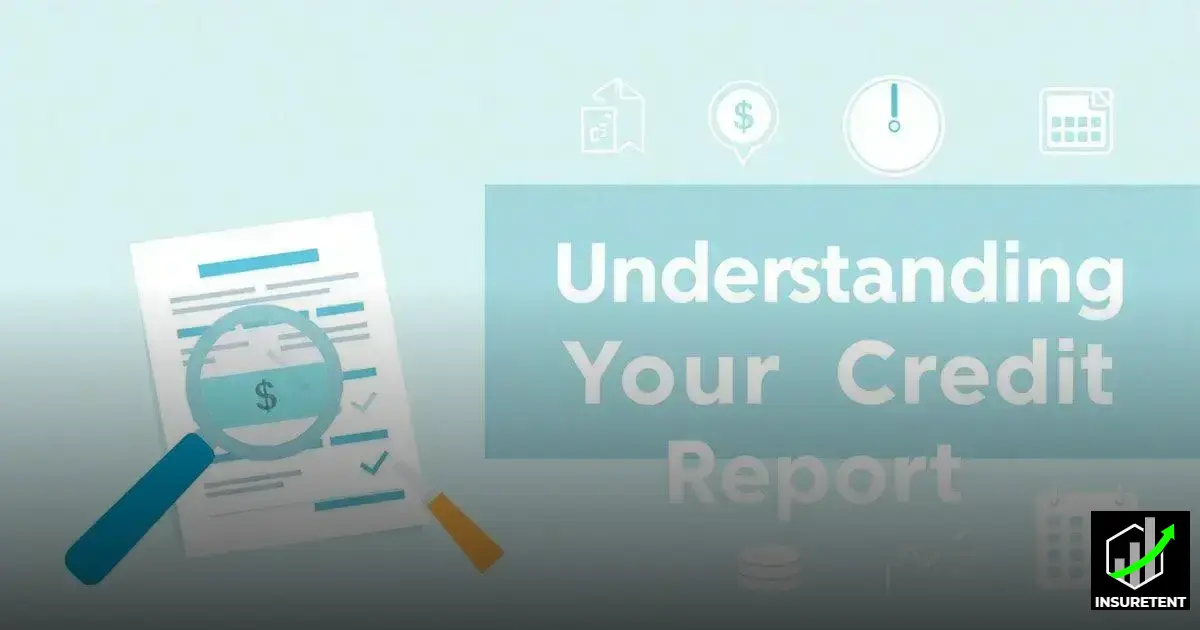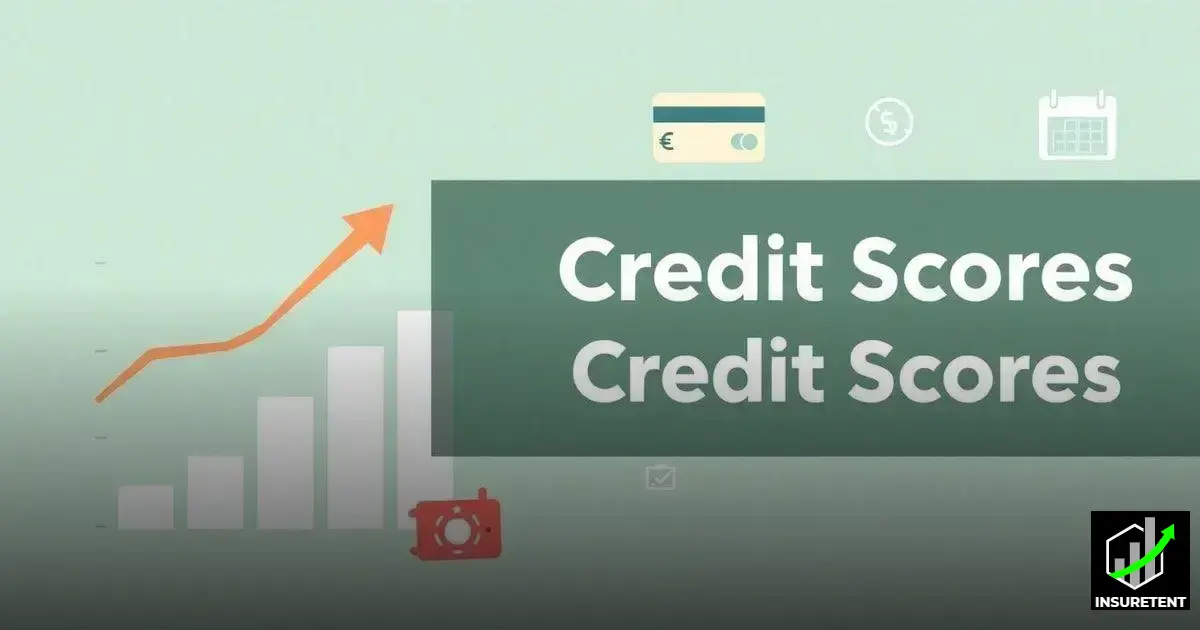Knowing how to check your credit score is a crucial step in maintaining financial stability. Your credit score plays a significant role in determining loan approvals, interest rates, and even certain job prospects.
Fortunately, there are various convenient ways to check your credit score, allowing you to stay informed about your financial standing. Understanding this process empowers you to make smarter decisions regarding credit and borrowing.
By regularly monitoring your credit score, you can identify areas for improvement and take proactive steps to enhance your financial health. Continue reading to discover how to check your credit score effectively and what it means for your future.
What is a Credit Score?
A credit score is a numerical representation of your creditworthiness.
The range of credit scores is from 300 to 850.
Higher scores indicate better credit risk and can impact loan and credit approvals.
Several factors contribute to your credit score, including:
- borrowing history
- payment behaviour
- credit utilisation rate
Lenders use credit scores to evaluate the likelihood of repaying borrowed money.
The financial impacts of your credit score include:
- Ability to secure loans and credit cards
- Potential effects on insurance premiums
Why is Your Credit Score Important?

Understanding why your credit score is important is crucial for financial stability. A credit score is not just a number; it reflects your financial behaviour and creditworthiness. Lenders, such as banks and credit card companies, rely on this score to decide whether to approve your loan or credit application.
A higher score generally leads to better terms, such as lower interest rates, making it essential to learn how to check your credit score and stay informed.
Additionally, your credit score can influence insurance premiums and even job opportunities. Many employers review credit scores as part of their hiring process.
Maintaining a strong credit score can unlock financial benefits and new possibilities, making it even more important to know how to check your credit score regularly and address any issues promptly.
Regularly monitoring your credit score helps you stay on top of your financial health. It allows you to correct inaccuracies, track improvements, and make informed decisions.
Recognising the significance of your credit score empowers you to take steps toward greater financial freedom.
How to Access Your Credit Score for Free
Accessing your credit score for free is a vital part of managing your financial health. Several services offer complimentary credit reports and scores to help you understand your credit status. One such source is AnnualCreditReport.com, which allows you to request a free report once a year from each major credit bureau.
Additionally, many financial institutions and credit card companies provide free credit scores to their customers. By signing up for alerts or newsletters, you can keep track of your score regularly without incurring any costs.
It’s important to note that while accessing your credit score is free, some services might offer premium features or monitoring for a fee. Be cautious and use only reputable sources to avoid unnecessary charges and safeguard your personal information.
Regularly checking your credit score helps you stay aware of any changes that may affect your ability to secure loans or credit in the future.
In summary, knowing how to access your credit score for free can make a significant difference in managing your finances effectively and ultimately enhancing your financial future.
Understanding Your Credit Report

Understanding your credit report is crucial for managing your finances. A credit report is a detailed summary of your credit history, including your borrowing and repayment habits. It contains information about your loans, credit cards, payment history, and any defaults.
Lenders use this report to assess your creditworthiness when you apply for a loan or credit. It is essential to review your credit report regularly to check for errors or inaccuracies that could negatively impact your credit score.
Each of the major credit bureaus—Experian, TransUnion, and Equifax—provides annual free access to your credit report. This allows you to stay informed about your financial standing and to understand the factors affecting your credit score.
Remember, maintaining a good credit report entails making on-time payments, keeping your credit utilisation low, and avoiding unnecessary credit inquiries. Keeping track of your credit report ensures you are prepared for any financial decisions in the future and helps set a positive course for your financial health.
Factors Affecting Your Credit Score
Several factors affect your credit score, and understanding them is essential for maintaining a good score. The most significant factors include:
1. Payment History: This is the most influential factor. Paying your bills on time contributes positively to your score.
2. Credit Utilisation: This refers to the amount of credit you use compared to your credit limit. Lower utilisation rates (below 30%) are better.
3. Length of Credit History: A longer credit history can benefit your score, showing lenders that you have experience managing credit.
4. Types of Credit: Having a mix of different credit types, like credit cards, mortgage, and instalment loans, can positively impact your score.
5. New Credit Inquiries: Too many hard inquiries can lower your score temporarily, as they can suggest that you are taking on too much new debt.
By being aware of these factors, you can take steps to improve your score and maintain financial health.
Tips to Improve Your Credit Score

Improving your credit score is essential for better financial opportunities. Here are some effective tips to consider:
1. Pay Your Bills on Time: Your payment history significantly impacts your score. Set reminders or automate payments to ensure you never miss a due date.
2. Reduce Credit Utilisation: Keep your credit card balances low. Aim for a utilisation rate of 30% or less of your total available credit.
3. Check Your Credit Reports: Regularly review your credit reports for errors and dispute any inaccuracies. Access your free reports once a year from the major credit bureaus.
4. Avoid Opening Too Many New Accounts: Each new credit application can lower your score. Only apply for credit when necessary.
5. Maintain Old Accounts: Keep older credit accounts open to build a longer credit history.
By following these tips, you can work towards elevating your credit score and achieving your financial goals.
Common Credit Score Myths Debunked
There are many credit score myths that can mislead consumers. Let’s debunk some of the most common ones:
1. Checking Your Own Credit Score Hurts It: This is a myth. Checking your own credit is considered a soft inquiry and does not affect your score.
2. Closing Old Accounts Boosts Your Score: In reality, closing old credit accounts can hurt your score by reducing your credit history length and increasing your credit utilisation ratio.
3. All Debts Are Equal: Not all debts affect your credit the same way. For example, installment loans and revolving debts are treated differently.
4. Paying Off Debt Automatically Improves Your Score: While paying off debts is good, it doesn’t guarantee an immediate increase. You must also manage other factors, like utilisation and payment history.
5. Credit Repair Companies Can Fix Your Score Quickly: Be cautious; no one can guarantee a quick fix. Real improvements take time and proper financial management.
Knowing the truth behind these myths can help you make better decisions regarding your credit and financial health.
How Often Should You Check Your Credit Score?

Knowing how to check your credit score regularly is key to managing your financial health. Monitoring your score helps you stay informed about your credit status and identify any inaccuracies or potential fraud.
Experts recommend checking your credit score at least once a year from each major credit bureau to ensure your financial records are accurate.
If you’re planning a significant financial decision, like applying for a mortgage or car loan, it’s wise to check your credit score several months in advance. This gives you time to address any issues that could impact your approval or interest rates.
Learning how to check your credit score effectively through free tools provided by credit card companies or financial institutions can keep you updated and in control.
Frequent monitoring allows you to see how your financial decisions impact your credit. By staying proactive, you can make necessary adjustments to improve your score and maintain a healthy financial future.
Monitoring Your Credit Score
Monitoring your credit score is vital for maintaining strong financial health. Regularly checking your score allows you to understand the impact of your financial decisions and stay proactive about managing your credit. It’s recommended to check your credit score at least once a year with each of the major credit bureaus.
By staying informed about how to check your credit score, you can spot errors or signs of fraud early, ensuring your credit report remains accurate. Many services now provide free access to your score, making it easier to stay updated on your credit status.
If you’re planning to apply for a major loan, checking your credit score a few months in advance can help you address any potential issues. Remember, learning how to check your credit score and monitoring it regularly empowers you to make informed decisions and positively shape your financial future.
Check out our article on Good Credit Score to learn how to build and maintain a strong financial foundation for future success.
